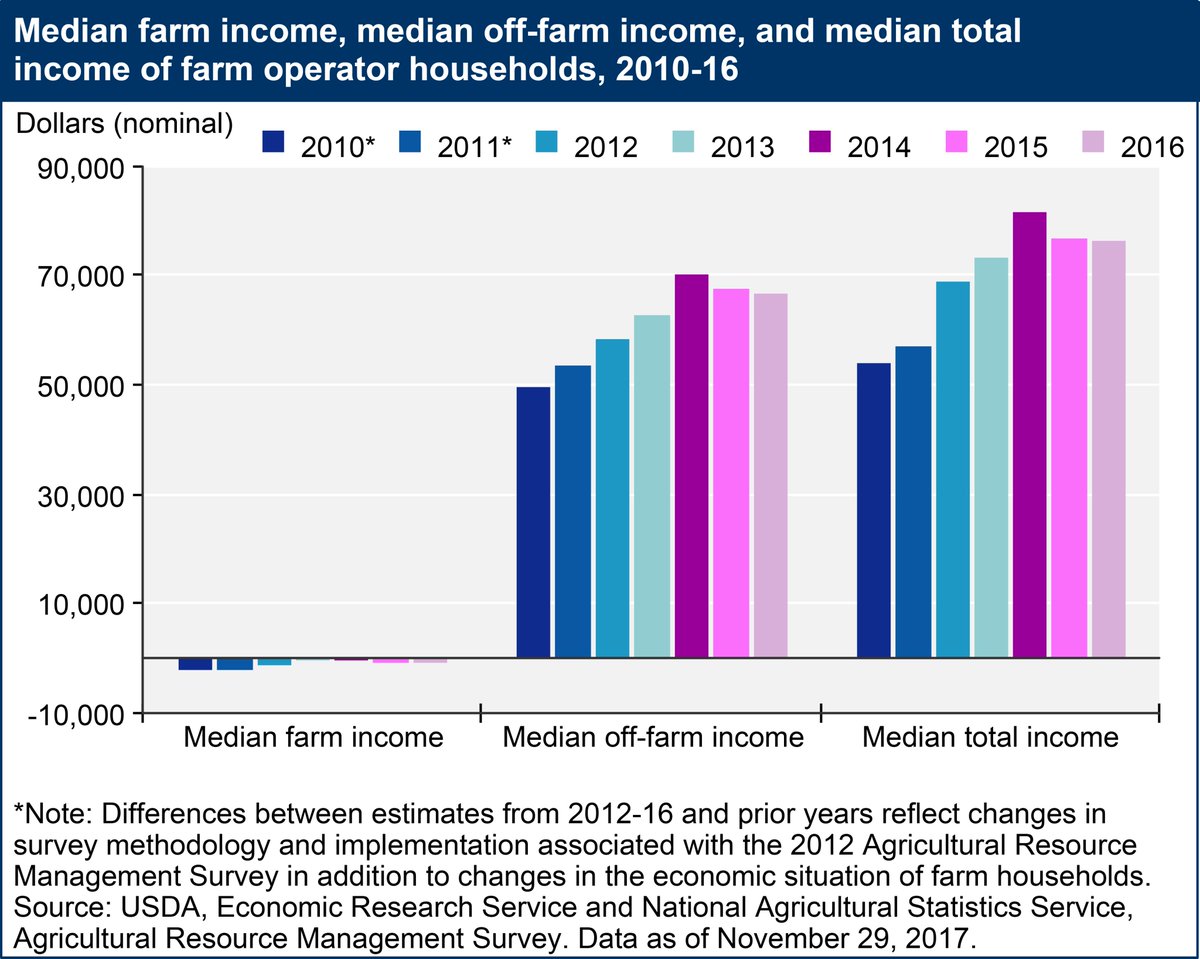So I got several books for Christmas. First I read "Becoming" which was very good. Then I read Carl Zimmer's "She Has Her Mother's Laugh", which also was very good. Now I'm ready for Jill Lepore's " These Truths, a History of the United States".
Lepore is a good writer. I think I've read most of her books and enjoyed them. She's more of a narrative historian than an analytical one, but she knows how to tell a story.
So she starts her history by imagining in the fall of 1787 readers of a New York newspaper seeing the language of the new constitution. By page ii of the Introduction she moves to the people of the United States considering whether to ratify it, "even as they went about baling hay, milling corn, tanning leather, singing hymns, and letting out the seams on last year's winter coats for mothers and fathers grown fatter, and letting down the hems, for children grown taller."
So what does she get wrong?
Obviously farmers weren't baling hay in 1787. (I know I've seen a similar error somewhere recently, forget where, might even have been Lepore in another form reusing the same material. )
I'd also challenge the idea of "milling" corn. I find to my surprise that wikipedia covers it, but I'd be more comfortable with the wording: "grinding corn".
As the proportion of Americans who farm, or grew up on farms, dwindles, the understanding of that way of life starts to vanish.
 ,
,